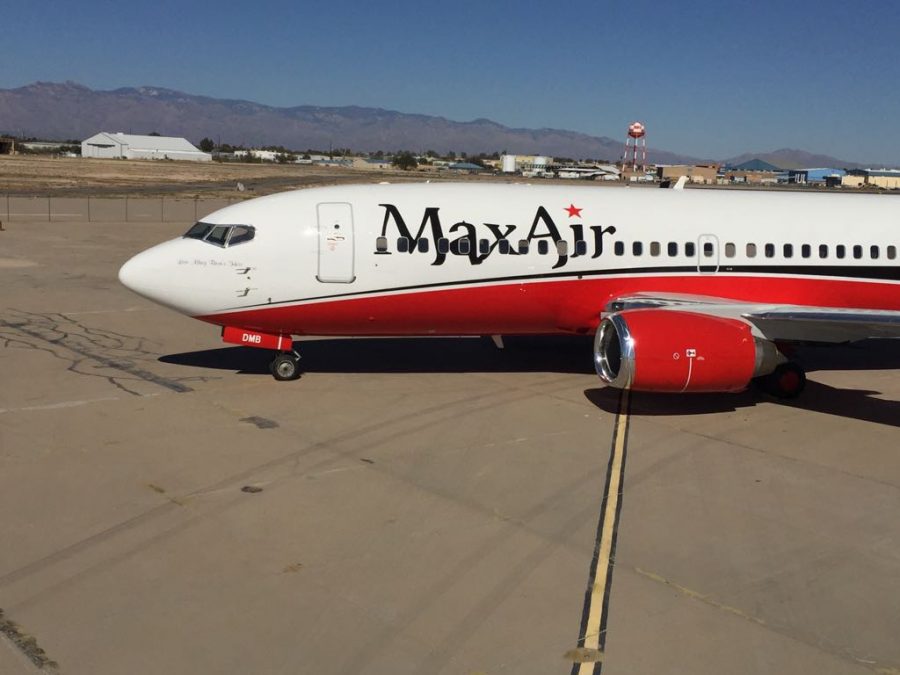The Nigerian Civil Aviation Authority (NCAA) says it is investigating the aviation fuel contamination saga involving Max Air, assuring that it will mete out sanctions where necessary.
The NCAA Director-General, Capt. Musa Nuhu, confirmed the incident in a Zoom meeting with aviation correspondents on Thursday night in Lagos.
Recall that Max Air B737-300 with registration mark: 5N-MHM reportedly had fuel contamination in the main fuel tanks, leading to the Auxiliary Power Unit (APU) shut down on the ground at Yola Airport on July 7.
Also, the News Agency of Nigeria (NAN) reports that NCAA, on Thursday, suspended with immediate effect, the parts A3 and D43 in the Operations Specifications of the Boeing B737 Aircraft type in the fleet of Max Air Limited.
Nuhu said the NCAA took immediate action on the contamination incident on that day, as it does not relax in carrying out its oversight functions .
The DG told aviation journalists that the aircraft involved in the incident was grounded immediately while the crew was interrogated the following day.
The DG noted that two fuel companies had some time ago, been banned from supplying fuel to aircraft at Abuja airport over contamination and non compliance with standards.
“Yes, it is true, the operations of Max Air B737 fleet have been suspended for a series of issues they have had over a couple of times.
“We have started investigation and we have identified three aviation fuel companies they took fuel from that day. We will mete out sanctions where necessary.
“As you are all aware, several days ago, there was a video that went viral in regards to the issue they had on ground in Yola where supposedly, drops of water were removed from the aircraft.
“We are going to hold a meeting with the regulatory commission in order to ensure compliance with standards,” he said.
Nuhu said the regulatory body had a meeting with Max Air about a month ago after the landing incident in Abuja.
He said that certainly, during aircraft fuelling, they had water in it but the amount was not known as they were not there.
Nuhu said that same day, when the report reached him, he immediately called for a Zoom meeting with his colleagues and that particular aircraft was grounded.
Nuhu said grounding was to ensure its safety to resume normal passenger operations, because when fuel enters the tanks, it goes through the engines, which could lead to damage to fuel controlling it.
He said there were a lot of things that could be spoilt, so NCAA had to be sure they took the appropriate maintenance procedure, to ensure continued airworthiness of the aircraft.
The DG said the second aircraft had landing issues, and was supposedly fixed in Lagos.
Nuhu insisted that it was also the responsibly of the airline and the captain in command to check the fuel before taking off from a particular airport.
“All these are in the manuals. It is the responsibility of the captain; NCAA staff can’t be at all fuelling stations, we don’t have enough staff to go into all stations, it is the responsibility of the airline.
“The aircraft involved was grounded immediately pending investigation, we acted immediately it happened, the crew were interrogated the following day,” he said.








